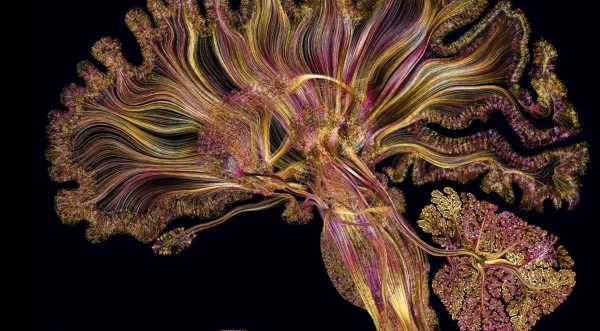Have you Tried Yoga?
December 4, 2017
According to the newest statistics released by ASONMCWW (American Society of Neurotypical Middle Class White Women), the company’s yoga and meditation class registration has been on a steady downward trend for the last two decades. “I don’t understand it,” says Debra Miller, Vice President of the Treasury for ASONMCWW, “We’ve been encouraging anyone we feel has anything wrong with them mentally to take a yoga class, but they just don’t seem to be responding with the appropriate levels of enthusiasm.” The Vice President of Advertising, Susan Johnson, blames the lack of interest on two components, “As we like to say at ASONMCWW, the two things impeding our progress are the two M’s- Medicine and Millennials.” Johnson goes on to call out doctors for prescribing medication to patients with depression, anxiety, bipolar disorder and OCD, when “…all they really need is to go for a run or open the windows.” She also condemns millennials for declining interest in ASONMCWW classes and seminars, “The kids these days…the access to phones and technology is making them depressed. All of a sudden they think they know better than we do because in their minds, having the disorder makes them more knowledgeable about it, which is obviously completely untrue.”
During a meeting with all the employees of ASONMCWW, the question of personal struggles with mental illnesses was brought up. After a few moments of silence, Sandrah Wilcox, secretary to the Vice President of Sustainability and Resources, raised her hand and said, “Well, one time right after my boyfriend had dumped me, I was kind of sad, and then my friends and I went to volunteer at a soup kitchen, and I saw how much worse off other people were. And that’s when I realized that the best cure for depression is helping people.” After Wilcox’s statement, various women from around the room got up and thanked her for being so brave and sharing her story. When asked if there were anymore willing to share, Charlotte Kensington, the CEO and founder explained that, “None of us are really suffering from a mental illness, which is what makes us so well equipped to tell other people how to handle them.”






annie mccasland • Aug 24, 2018 at 3:48 pm
love you sm erin keep it up